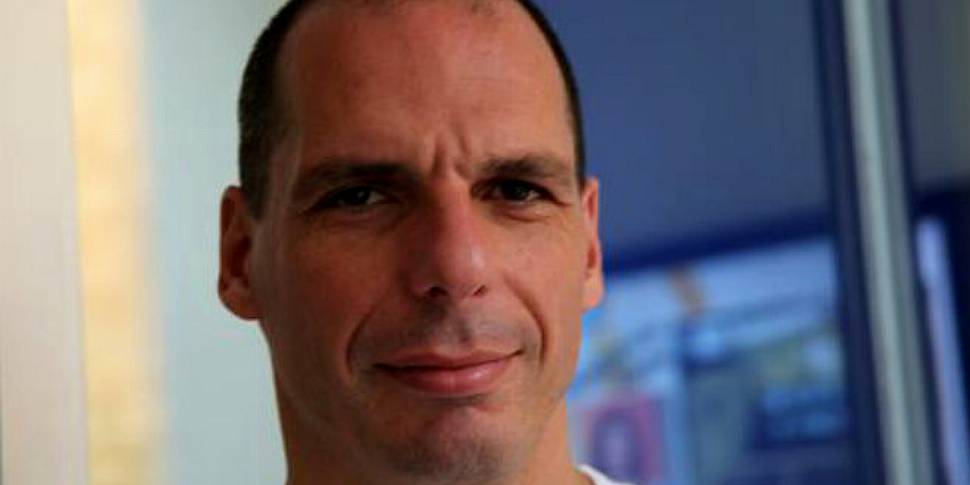Syriza's Yanis Varoufakis confirmed to Newstalk Breakfast that he will be named Greek finance minister later today. He also discussed the current state of the European economy, and his party's plans for Greece and beyond.
To do list
Mr Varoufakis outlined his four main priorities as he enters office:
- Establish contact, and cultivate relationships with countries across Europe (including Ireland) and to start talking to the European Central Bank (ECB) and the International Monetary Fund (IMF), working towards ending the "vicious cycle" of debt in Europe.
- To deal swiftly with the humanitarian crisis that this debt has created in Greece.
- Introduce reforms in Greece to ensure that the country does not return to being run how it was before the bailout.
- To work with Irish, Spanish, and Italian representatives to come up with proposals to reinvigorate the euro zone economy.
European - not a Greek - problem
The incoming minister says that he has had an "inspiring" conversation with Syriza leader, Alexis Tsipras - and that they have "agreed to explore the realm of mutual gains, and mutual benefits - for the whole of the euro zone."
He pointed out that from his perspective the current problems were created by the EU, not Greece:
"The reality is that Greece went bankrupt in 2010. Unfortunately Europe decided to turn a blind eye to this bankruptcy – and treated it as a liquidity problem. The result of this was that we loaded the largest loan in human history on the weakest shoulders in Europe - on a bankrupt nation."
He added that Syriza will not be delayed by “semiotics and linguistics,” and that it hopes to “put an end to this never-ending saga.” Mr Varoufakis says that the ECB is aware that monetary policy cannot work alone to stimulate the European economy - and that it is in the interest of all of Europe to address the debt burden.
Leaving the euro zone?
He emphasised that Greece hopes to remain part of the euro. The newly elected politician describes the monetary union as a "fragile flower.”
He says that Greece hopes to make deals without resorting to "threats" of a Greek exit, and that it is committed to finding solutions to fix all of Europe - not just the Greek economy:
"As the next finance minister, I can assure you that I shall not begin by going to Europe looking for a deal that is good for the Greek tax-payer, and bad for the Irish, the Slovak, the German, the French, the Italian taxpayer. We shall be thinking as Europeans. We will put above everything else the interests of the average European. These interests are not being served by the current arrangement."
What happens after February 28th?
Coverage of the leftist's victory has been bracketed by the looming February 28th deadline to secure a new funding deal. Mr Varoufakis says that this is an arbitrary deadline that was created by the previous government: "In the same way that it was set, it will be unset - and reset."









